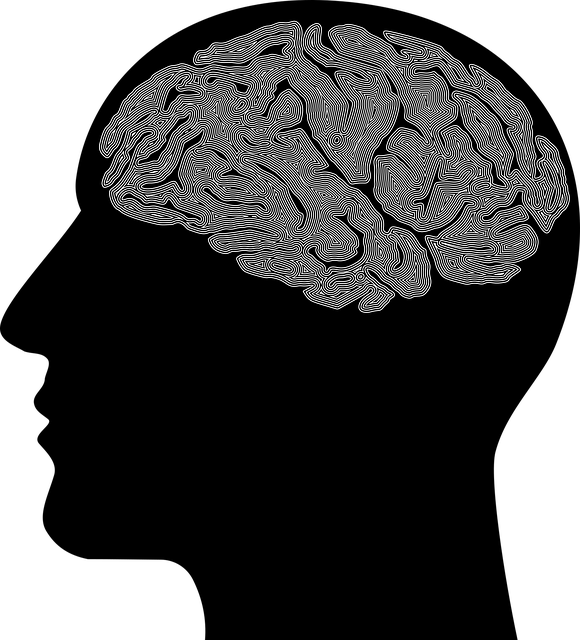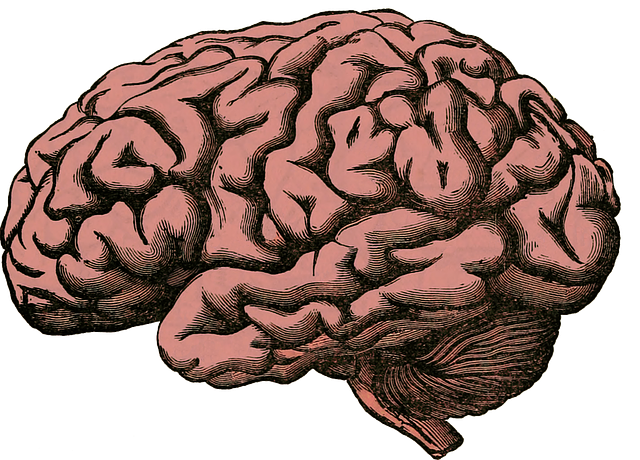Greenwood Village German Speaking Therapy (GVGST) leverages advanced data analysis to provide personalized mental health care. By integrating intake forms, therapist notes, self-reported questionnaires, and staff feedback, GVGST creates detailed client profiles for tailored interventions. This data-driven approach identifies trends, correlations, and at-risk populations, enabling the development of effective Mental Health Education Programs and crisis intervention strategies. Through a combination of statistical rigor and qualitative assessment, GVGST offers individualized support, empowering clients with tools like Mental Wellness Journaling Exercises to manage stress proactively. The ultimate goal is to transform data insights into actionable strategies for improved patient outcomes, addressing specific needs in Greenwood Village and beyond.
Mental health data analysis plays a pivotal role in understanding and addressing societal challenges. At Greenwood Village German Speaking Therapy (GVGST), we explore how advanced statistical methods and innovative techniques can uncover meaningful insights from collected data. This article delves into various facets, from data collection sources at GVGST to the interpretation of results, highlighting actionable strategies for mental health professionals. Additionally, we discuss ethical considerations, ensuring responsible navigation in this crucial domain, with a specific focus on Greenwood Village German Speaking Therapy’s approach and contributions.
- Understanding Mental Health Data: Collection and Sources at Greenwood Village German Speaking Therapy
- The Role of Statistics in Identifying Patterns and Trends in Mental Health
- Advanced Techniques for Data Analysis: Uncovering Insights at GVGST
- Interpreting Results: Translating Data into Actionable Strategies
- Ethical Considerations and Challenges in Mental Health Data Interpretation
Understanding Mental Health Data: Collection and Sources at Greenwood Village German Speaking Therapy

At Greenwood Village German Speaking Therapy, we recognize that understanding mental health data is a multifaceted process that begins with comprehensive collection and thoughtful analysis. Our therapy center leverages diverse sources of information to gain a holistic view of each client’s mental well-being. This includes detailed intake forms, regular progress notes from therapists, self-reported questionnaires, and even feedback from support staff who interact with clients daily. By integrating these various data points, we create a rich tapestry of each individual’s mental health journey.
The insights gleaned from this data are instrumental in tailoring our therapeutic approaches. For instance, through meticulous analysis, we can identify trends in client demographics, common mental health challenges, and the effectiveness of specific interventions, such as Mindfulness Meditation techniques or Confidence Boosting programs. This knowledge guides the design of our Mental Health Education Programs, ensuring they remain relevant and impactful. By continuously evaluating and interpreting these data, Greenwood Village German Speaking Therapy stays at the forefront of providing personalized, effective care to our community.
The Role of Statistics in Identifying Patterns and Trends in Mental Health

In the realm of mental health data analysis, statistics play a pivotal role in uncovering hidden patterns and trends that can significantly impact treatment approaches. By meticulously examining large datasets, researchers and professionals like those at Greenwood Village German Speaking Therapy can identify prevalent issues, correlations between various factors, and unique populations at risk. This process involves sophisticated statistical methods to detect anomalies and establish evidence-based norms, ensuring personalized care tailored to individual needs.
Through the use of communication strategies, self-awareness exercises, and mental wellness journaling as data collection tools, professionals gain valuable insights into the emotional landscapes of their clients. The structured guidance provided in these exercises facilitates a deeper understanding of mental health trends within specific communities, including those seeking German-speaking therapy. This data-driven approach allows for informed decisions, innovative treatment plans, and ultimately, improved outcomes in managing and preventing mental health disorders.
Advanced Techniques for Data Analysis: Uncovering Insights at GVGST

At Greenwood Village German Speaking Therapy (GVGST), we leverage advanced techniques for data analysis to uncover valuable insights into mental health trends and patterns. Our approach combines sophisticated statistical methods with qualitative analysis, enabling us to provide tailored support and interventions that address specific needs. By integrating data from various sources, including patient records, survey responses, and behavioral observations, we gain a comprehensive view of individual experiences and community-wide mental wellness.
Through this holistic analysis, GVGST offers not only crisis intervention guidance but also proactive stress management strategies. We utilize Mental Wellness Journaling Exercise Guidance to empower individuals in tracking their progress, identifying triggers, and cultivating resilience. By fostering open dialogue and utilizing data-driven insights, we strive to enhance the effectiveness of our services, ensuring that each client receives personalized care that supports their journey towards mental wellness.
Interpreting Results: Translating Data into Actionable Strategies

When analyzing mental health data, the true value lies not just in understanding patterns and statistics but in translating those findings into actionable strategies for improved patient outcomes. This involves carefully interpreting results, considering contextual factors, and applying evidence-based practices tailored to specific needs. For instance, at Greenwood Village German Speaking Therapy, data analysis might reveal elevated rates of anxiety disorders among young adults, pointing towards the need for enhanced access to cognitive-behavioral therapy (CBT) in this demographic.
This interpretation then guides the development of targeted interventions, such as specialized CBT programs or community outreach initiatives aimed at promoting mental health literacy and early intervention. By integrating data insights into practical strategies, mental health professionals can foster more effective emotional healing processes, improve risk assessment for their clients, and enhance overall well-being, ultimately reflecting a holistic approach to mental health care that benefits individuals seeking support in Greenwood Village and beyond.
Ethical Considerations and Challenges in Mental Health Data Interpretation

In the realm of mental health data analysis, ethical considerations and challenges are paramount. As Greenwood Village German Speaking Therapy continues to evolve, so does the complexity of interpreting sensitive information related to emotional well-being. One significant challenge is balancing the need for comprehensive data collection with protecting patient privacy and confidentiality. Therapists must navigate the delicate terrain of sharing personal insights while adhering to strict ethical guidelines and legal frameworks, such as HIPAA in the US.
Moreover, interpretation can be hindered by cultural nuances, especially when employing diverse therapeutic approaches. For instance, what constitutes progress or burnout in one culture might differ drastically from another, complicating the application of universal assessment tools. Building resilience through tailored interventions becomes crucial, with strategies like burnout prevention and emotional well-being promotion techniques playing a vital role in navigating these complexities.
Greenwood Village German Speaking Therapy (GVGST) exemplifies a center at the forefront of mental health data analysis, utilizing advanced techniques to uncover insights and identify trends. By understanding data collection sources and implementing robust statistical methods, GVGST can translate results into actionable strategies that benefit patient care. Ethical considerations are paramount, guiding responsible interpretation and ensuring privacy while navigating the complex landscape of mental health data. This comprehensive approach not only enhances therapeutic outcomes but also positions GVGST as a leader in innovative mental health management.














